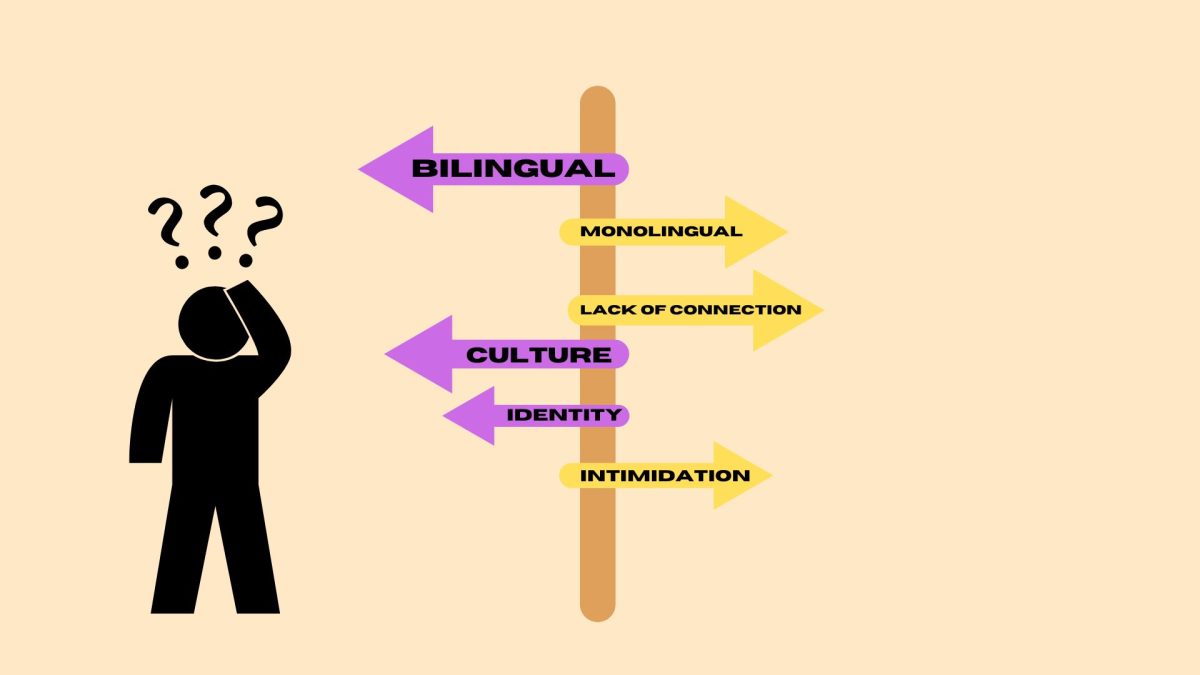The word feminist is tossed around in everyday conversation as if it were a trending hashtag rather than a movement that requires action.
Women have come a long way from the 18th century, when we were defined as society’s domesticated, modest and religiously moral beings void of opportunities in political voting, higher education and professional occupations. This was an era where we were expected to wear hats that looked like edible arrangements and brassieres that essentially cut off blood circulation to the brain.
Now women can vote, run for president and parade around New York City with their breasts exposed in support of the “Free the Nipple” campaign. Clearly progress has been made, but perhaps the most recent change of women’s roles in society is being associated with the concept of feminism.
The feminism moniker is a trending classification, thanks in part to celebrities like Miley Cyrus, Emma Watson and Lady Gaga, 20th Century female role models who all declared they were feminists in 2013. Recording artist Beyoncé produced a song about being a feminist that compels women to declare and embrace the title proudly.
Some people may believe that feminism is definitive–either you identify as a feminist or you don’t. Either you want men and women to be equal politically, economically, culturally, personally and socially, or you don’t. If you are a feminist, you are expected to self-define as supporting the rights and equality of women.
But being a feminist does not serve as a self-proclaimed label, and identifying with the term does not determine that you are one. This is why I don’t say I am a feminist. There is no meaning to that sentence, only beliefs and ideas being thrown around in daily conversation and social media.
I believe in the equality of men and women and the roles of women’s lived experiences in society. I believe in reproductive rights for women, the right to their own body autonomy and integrity. I support a woman’s right for sexual freedom and liberation and I advocate to protect women and girls from domestic violence and sexual assault. But there exists a necessity to support these beliefs and augmented rights as a feminist, otherwise I am nothing to the word except a label I have given myself.
Real feminists include women like Betty Friedan, the American writer and activist who wrote “The Feminine Mystique” in 1963, which sparked the second wave of feminism in the ‘60s and ‘70s. Friedan spent her entire life building women’s equality with the establishment of the National Women’s Political Caucus and the Women’s Strike For Equality.
American author Gloria Steinem, who led women’s liberation movements throughout the ‘60s and ‘70s and founded the feminist-themed magazine “Ms.” Bell Hooks, was known for her social activism that was often mirrored through her writing of oppression, women’s rights and race.
Maya Angelou, through her public speaking and powerful writing, inspired both women and African-Americans to overcome gender and race discrimination.
Today, we still see women taking action and redefining what it means to be a feminist.
Russian feminist punk rock protest group Pussy Riot, founded in August 2011, is comprised of women who stage unauthorized and provocative guerrilla performances in unusual public locations. In 2012, three members were thrown into jail after a performance in Moscow’s Cathedral of Christ the Savior, which they said was directed at the Orthodox Church leader’s support for Putin during his election campaign.
These are feminists, women who risk their well-being and freedom to spark change, women who don’t just say they are feminists, women who do as feminists do.
It is important for modern women to not settle with the justification that we are feminists because we believe in equality and then let other women do the job for us. If you are a feminist, stop talking about it and immerse yourself in the havoc.







John Woods • Feb 18, 2015 at 7:09 am
Dr. Nelly Stromquist’s speech on Women’s Progress in Higher Education at http://www.guleninstitute.org/publications/analyses/279-revisiting-womens-progress-in-higher-education.html MUST READ! 🙂
Yasmine • Feb 18, 2015 at 2:14 am
Maya Angelou wasn’t a feminist, she specifically renounced any association with the term. In fact, most women don’t identify as feminists, and neither do most men. Also, very few men and women engage in activism to change women’s place in society…
So by whatever definition you’re trying to use, feminism is far from ‘global’.
fenaray • Feb 27, 2015 at 9:29 am
How very unfortunate for all of us.